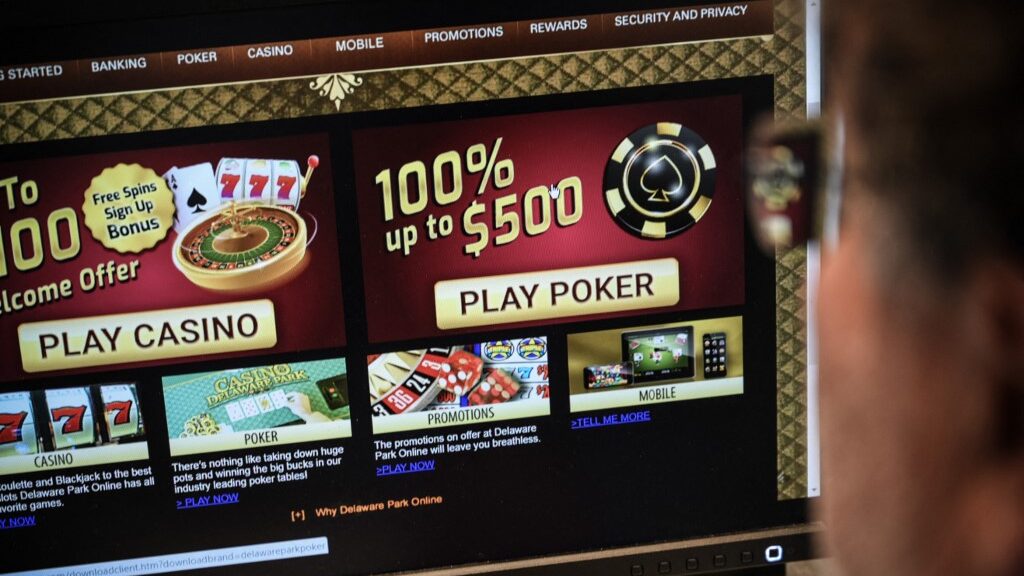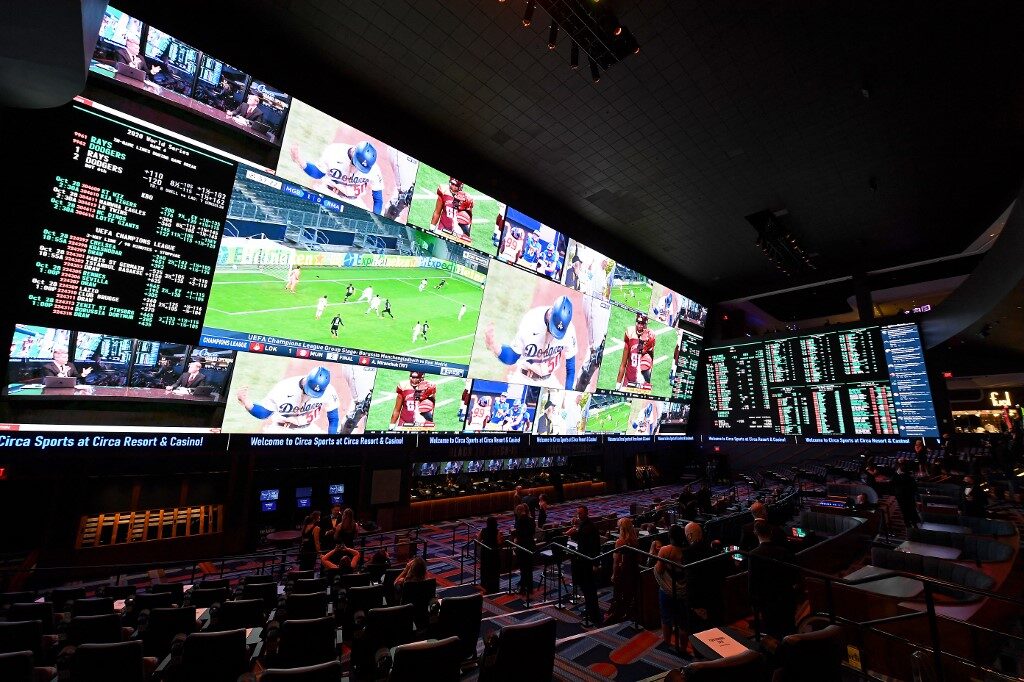
Keystone State is one of the biggest online gaming markets in the nation but a recent announcement by the Pennsylvania Gaming Control Board has revealed it is now easier for problem gamblers to exclude themselves from gaming sites.
Board Takes Problem Gambling Seriously
According to a report published by the Pennsylvania Gaming Control Board (PGCB), more than 20,000 people have taken advantage of the option to self-exclude themselves from all gambling sites in the state. And of that number, 4,335, or 21%, have opted for the lifetime ban.
The demographic of those banning themselves runs the gamut from 21 to 102 years old and consists of 12,811 males to 7,189 females. Moreover, there have been 1,026 individuals who have reenrolled in the program after opting out, 307 of whom chose a lifetime ban upon re-enrolling.
This problem gambling program began in 2006 long before the advent of online gambling in the state which allowed problem gamblers to ban themselves from casinos throughout the Keystone State. However, now the efforts have been ramped up and those gaming providers in the state are mandated to refuse gambling privileges to anyone enrolled in the program.
Moreover, anyone who has self-excluded can be held liable for criminal trespass if they are found on the grounds of a gaming facility and any winnings are immediately confiscated.
And with the surge in online gambling, there are now programs available for iGaming and online sports betting, Video Gaming Terminals (VGTs) commonly found at truck stops, convenience stores, and barrooms in the state as well as another for online fantasy sports.
How Can People Enroll?
According to the Pennsylvania Gaming Control Board website, the following steps must be taken to self-exclude any or all gambling sites and facilities throughout the state.
Once at the site, individuals who wish to enroll can:
- Enroll in one, several, or all self-exclusion programs.
- Request removal from the casino self-exclusion program.
- Extend the period of their self-exclusion ban period.
- View their self-exclusion documents and status in real-time.
- Update their personal information (i.e. name change/address change).
- Access links to gambling disorder information and the helpline.
For identity verification purposes and to ensure confidentiality, individuals enrolling in a self-exclusion program must upload a “selfie” picture, a picture of their photo ID, and must receive Lexis Nexis verification during the enrollment process.
The Self-Exclusion programs are just one of the ways in which the Board’s Office of Compulsive and Problem Gambling (“OCPG”) is making sure that gaming is fair and safe. The Director of the OCPG also ensures that the casinos and the online gaming operators have an approved compulsive and problem gambling plan. Each plan details:
- The training of casino and online operator employees on the signs and symptoms of gambling disorder and responsible gaming programs.
- Policies and procedures on identifying those with potential harmful behavior and the identification and removal of underage, self-excluded, and excluded individuals who have engaged in gaming activities.
- Responsible advertising policies.
- The casino and online operator’s participation in outreach programs.















